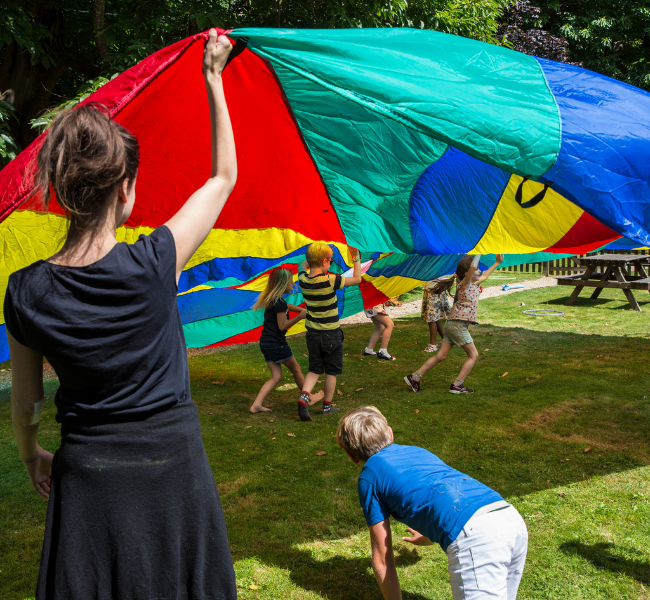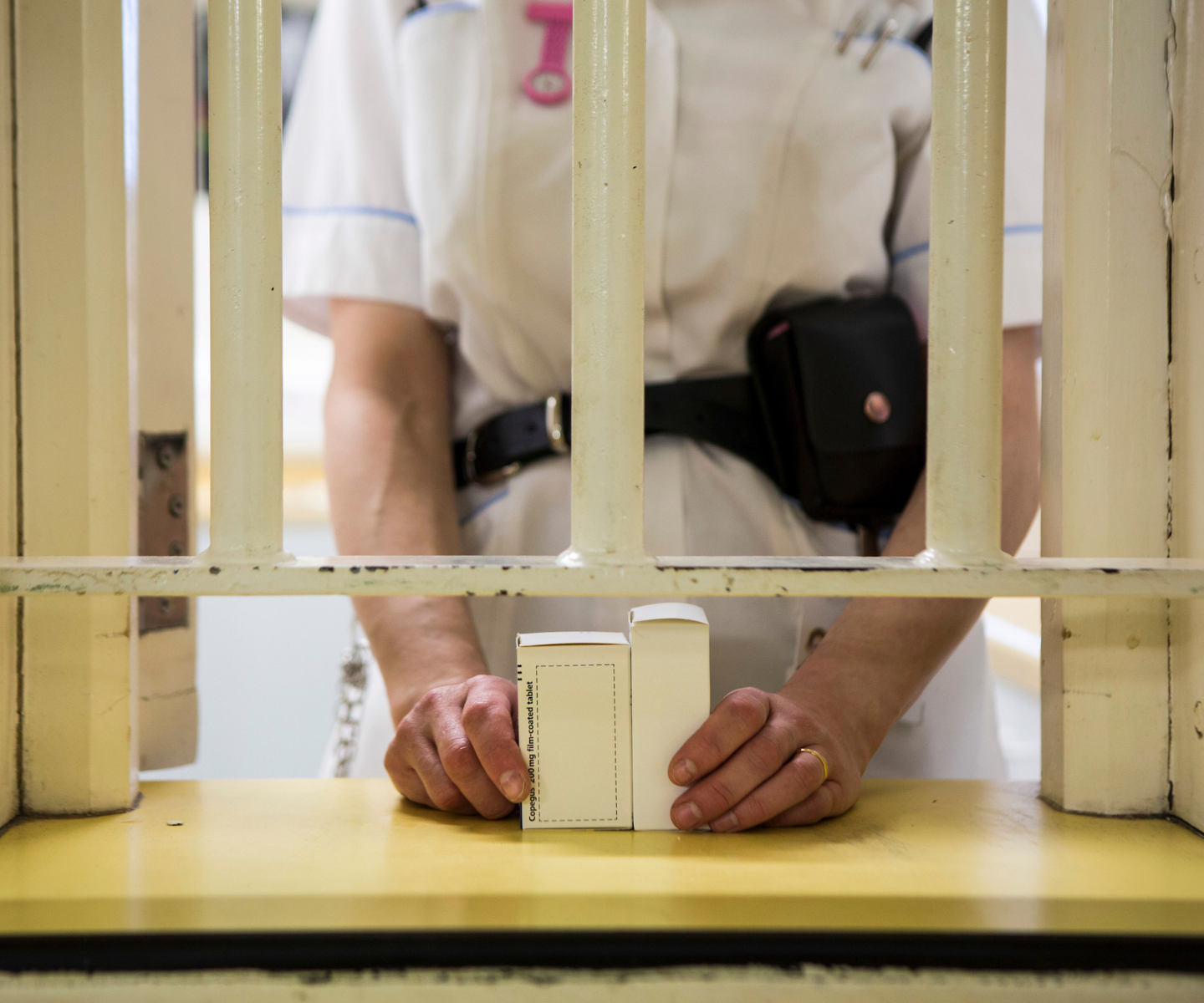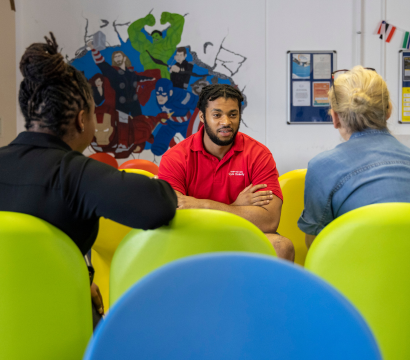
Supporting children with parents in prison
Family is the single most powerful tool in reducing reoffending. People in prison who receive visits during their sentence are 39% less likely to reoffend. The sad reality is that when we sentence people to custody, there is a high risk that they will lose contact with loved ones. The impact of this can be devastating for families and prisoners alike and comes at a huge social and economic cost.
The Ministry of Justice reports that 1 in 4 people leaving custody go on to commit another crime within 12 months of their release. Recent estimates suggest that reoffending costs the taxpayer around £18 billion a year. By supporting people to rebuild their lives, strengthen positive relationships, and embrace opportunities for change, we can significantly reduce the likelihood of them returning to prison. This investment benefits everyone in society, creating stronger families and safer communities.
The vital role of relationships for people in prison is well known. Government research suggests that people are more likely to desist (not reoffend) when they have:
In his landmark reviews, Lord Farmer describes healthy, supportive relationships as indispensable in helping people turn their lives around and contribute to society. He describes family ties as a "golden thread" woven through the criminal justice system. Indeed, His Majesty's Inspectorate of Prisons (HMIP) assesses prisons on how well they support prisoners' relationships with family and friends.
Not all relationships are good for prisoners or their loved ones. Talking about relationships is hard, especially for those who have faced abuse, neglect or trauma. Some people are used to coercive or controlling behaviour. Others rely on relationships that encourage risky behaviour or shared addiction.
Helping people identify healthy and unhealthy relationships is at the heart of our work. We focus on guiding individuals from negative influences toward healthier bonds that promote positive change.
Harnessing the resource of good family relationships must be a golden thread running through the processes of all prisons.
Lord Farmer (2017)
The health and wellbeing of people involved in our criminal justice system is a pressing public health concern. Over half of men and nearly two in three women in prison report living with a mental health condition. In recent years, rates of self-harm and self-inflicted deaths in prisons have reached record levels. In many cases, people leave custody far more ill than when they first entered. The situation is placing enormous pressure on the prison system and the NHS.
Our 2023 report, Nobody's Listening, found that involving families in their loved one's care benefits everyone—prisoners, families, the justice system, and the NHS. Yet family members often find themselves 'locked out' of a system that overlooks their vital role as carers. Through our Listen to Families programme with the NHS in London, we have shown that engaging families in healthcare services improves outcomes for them and their loved ones. It saves lives, makes prisons safer, and reduces pressure on public services. Ultimately, it means better value for money for the taxpayer in the long run.
By addressing the health needs of individuals during their time in prison, it is possible also to have a positive impact on the health of their families and wider communities upon release.
World Health Organisation (WHO)
Our prison system is in crisis. Inspection reports regularly expose poor conditions—vermin, violence, self-harm, and people languishing in overcrowded cells with little to do. Many people are released without the support they need to rebuild their lives. This crisis stems from decades of political decisions and a lack of action from successive ministers. Prisons have faced years of funding cuts while the prison population continues to grow.
Your support can offer prisoners and their families a fresh start by helping us to:

Supporting children with parents in prison

Improving prison healthcare

A family first approach to rehabilitation & resettlement


